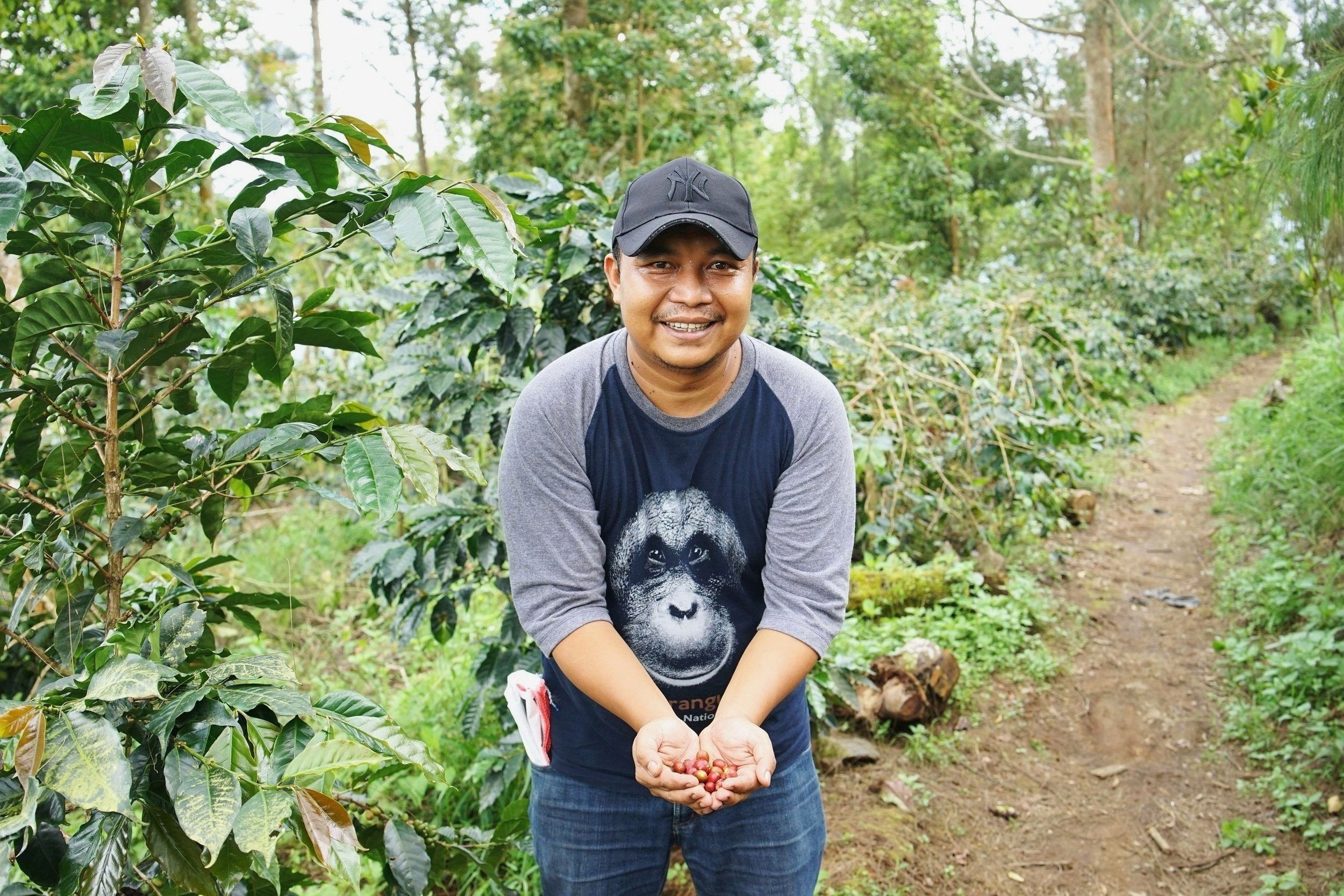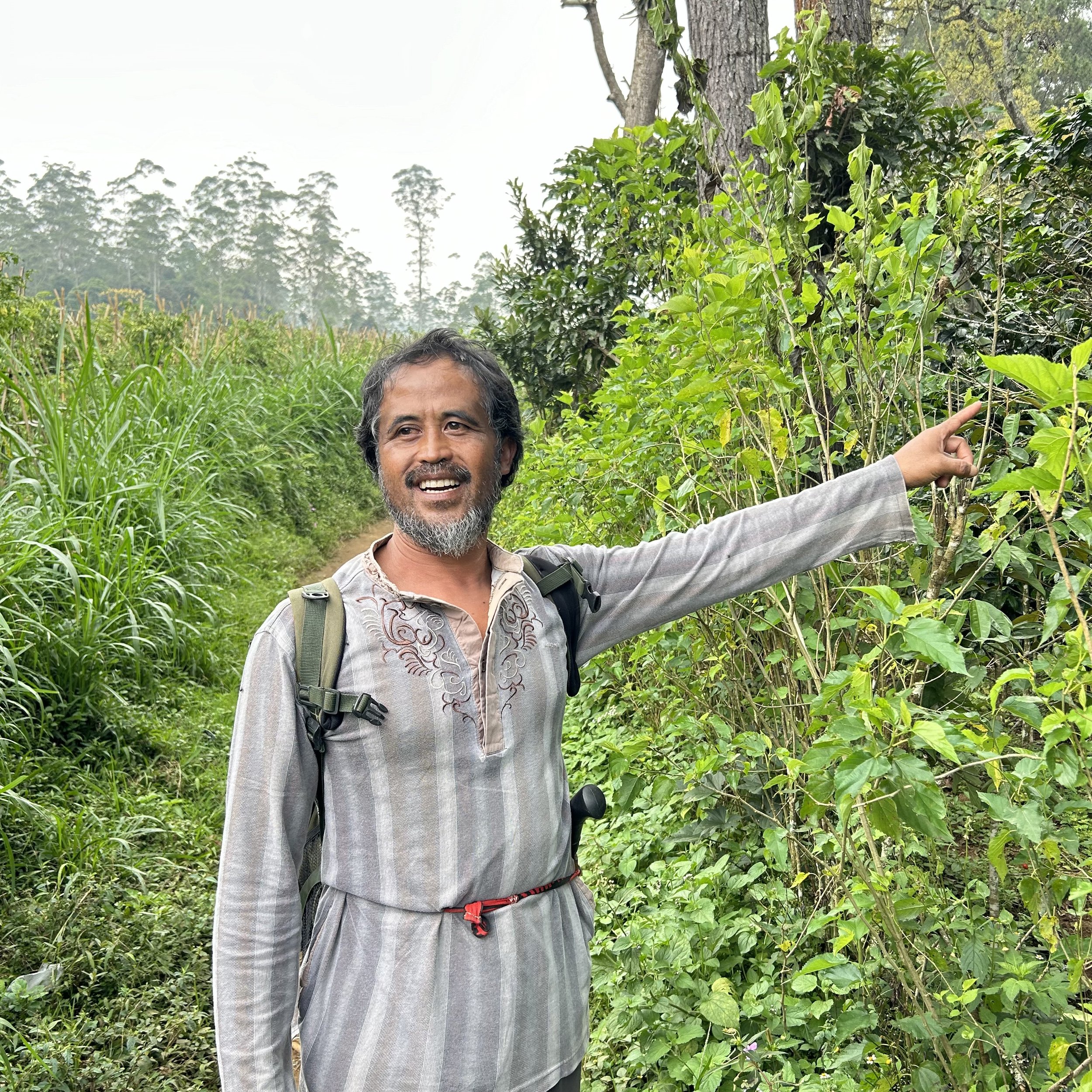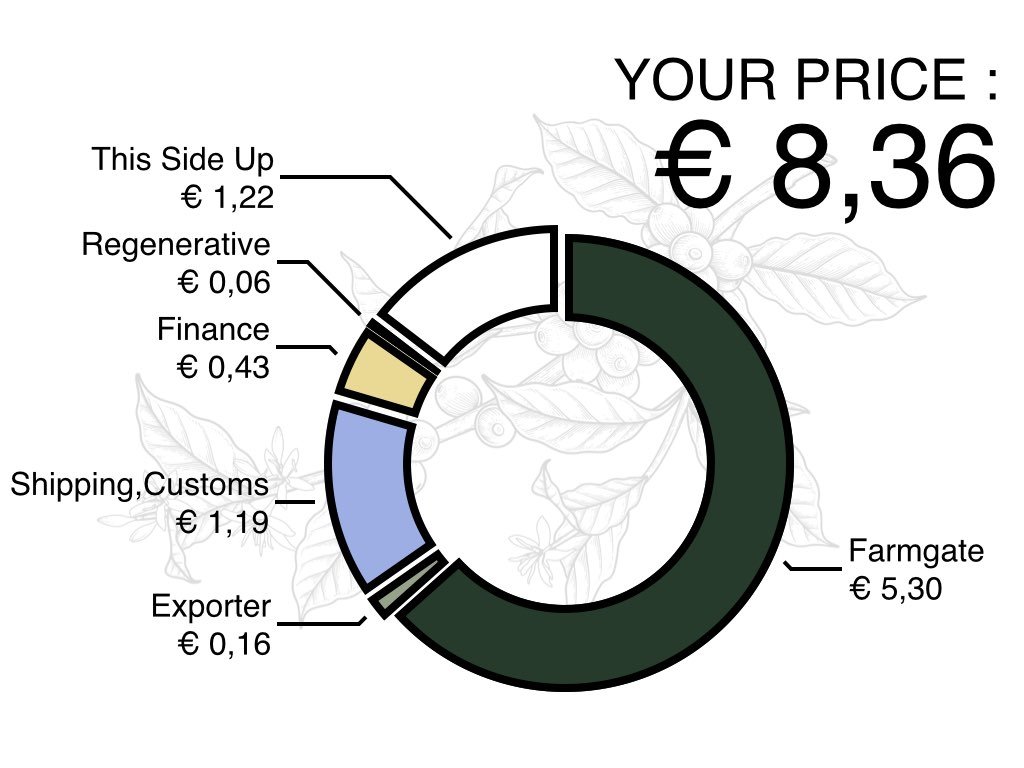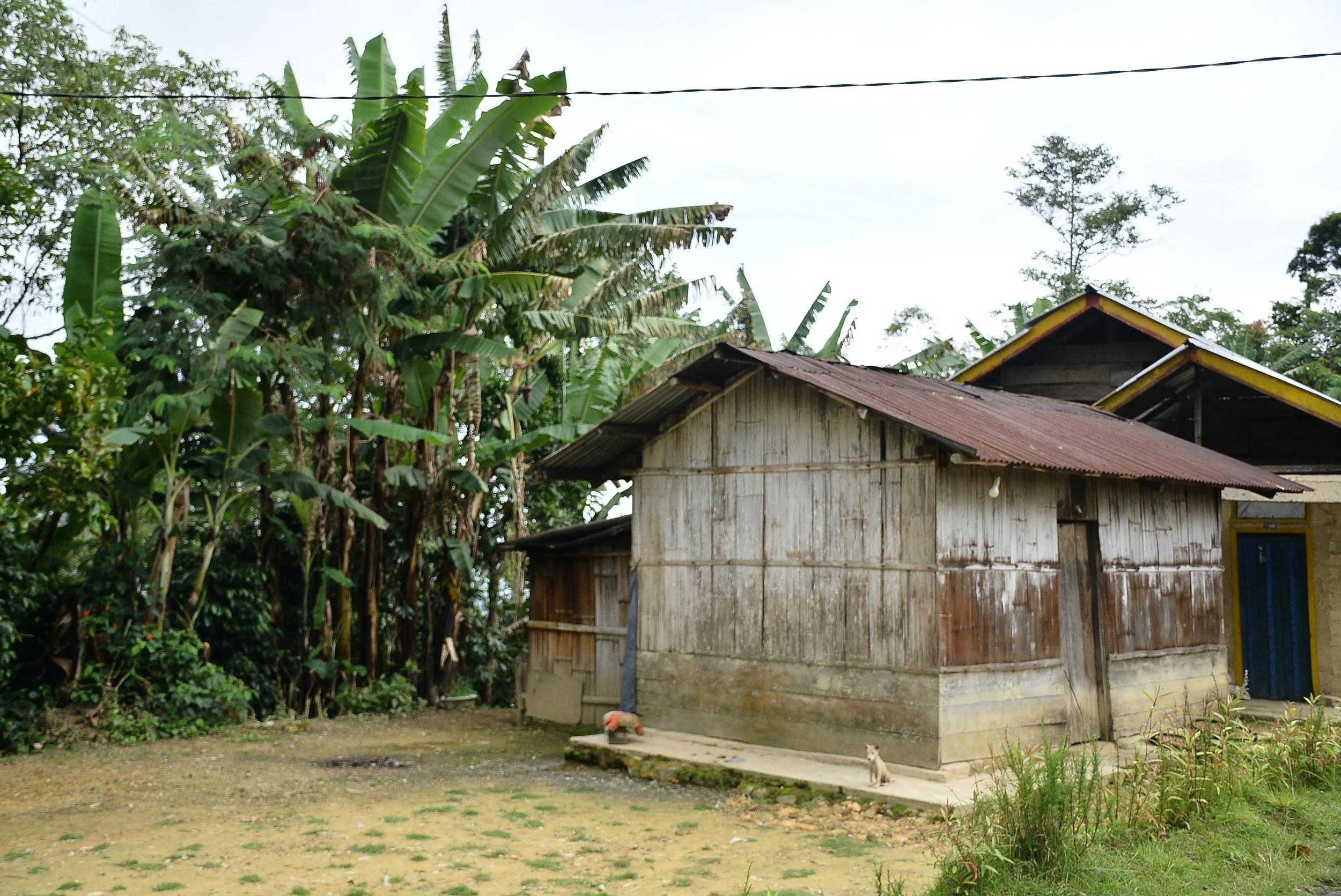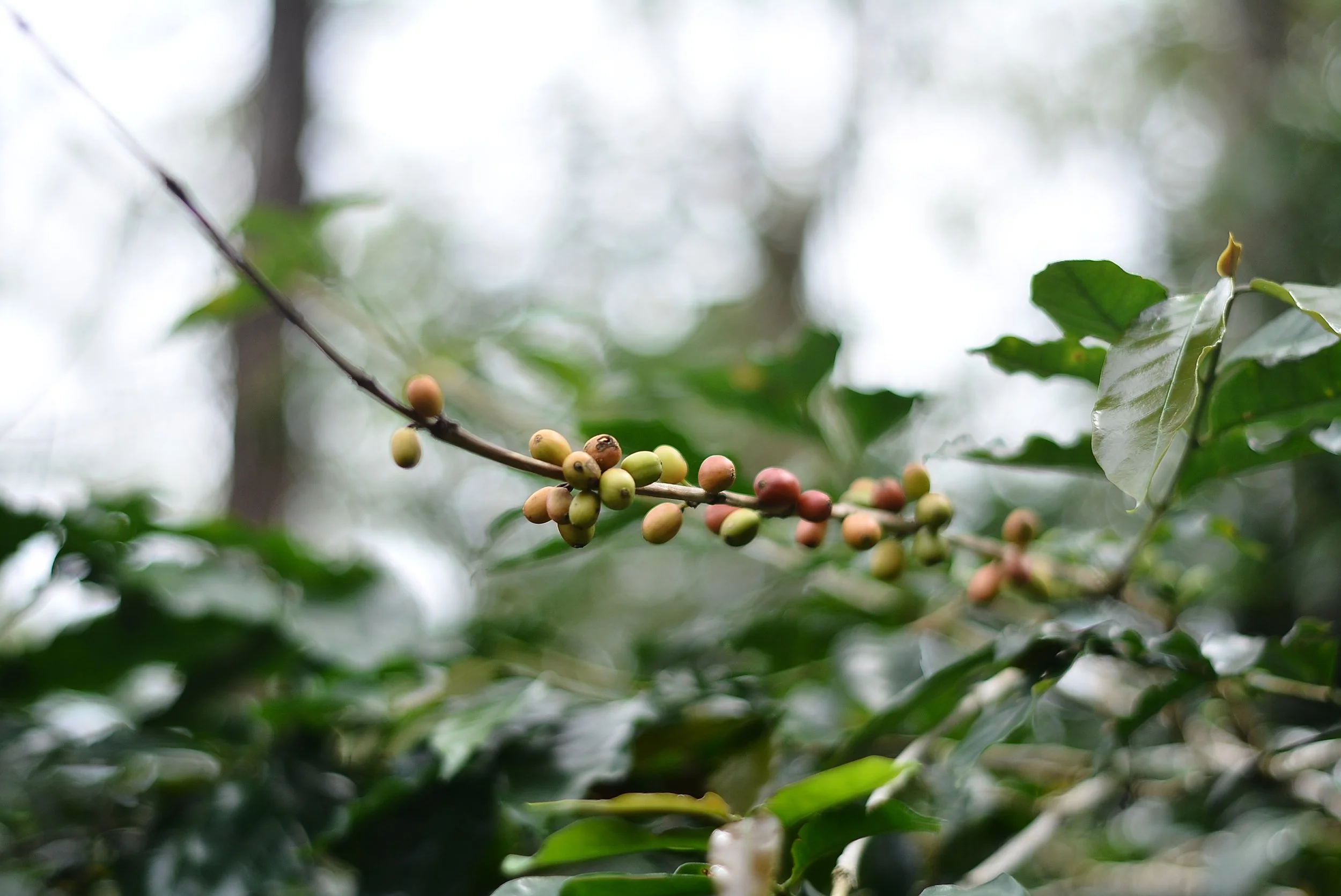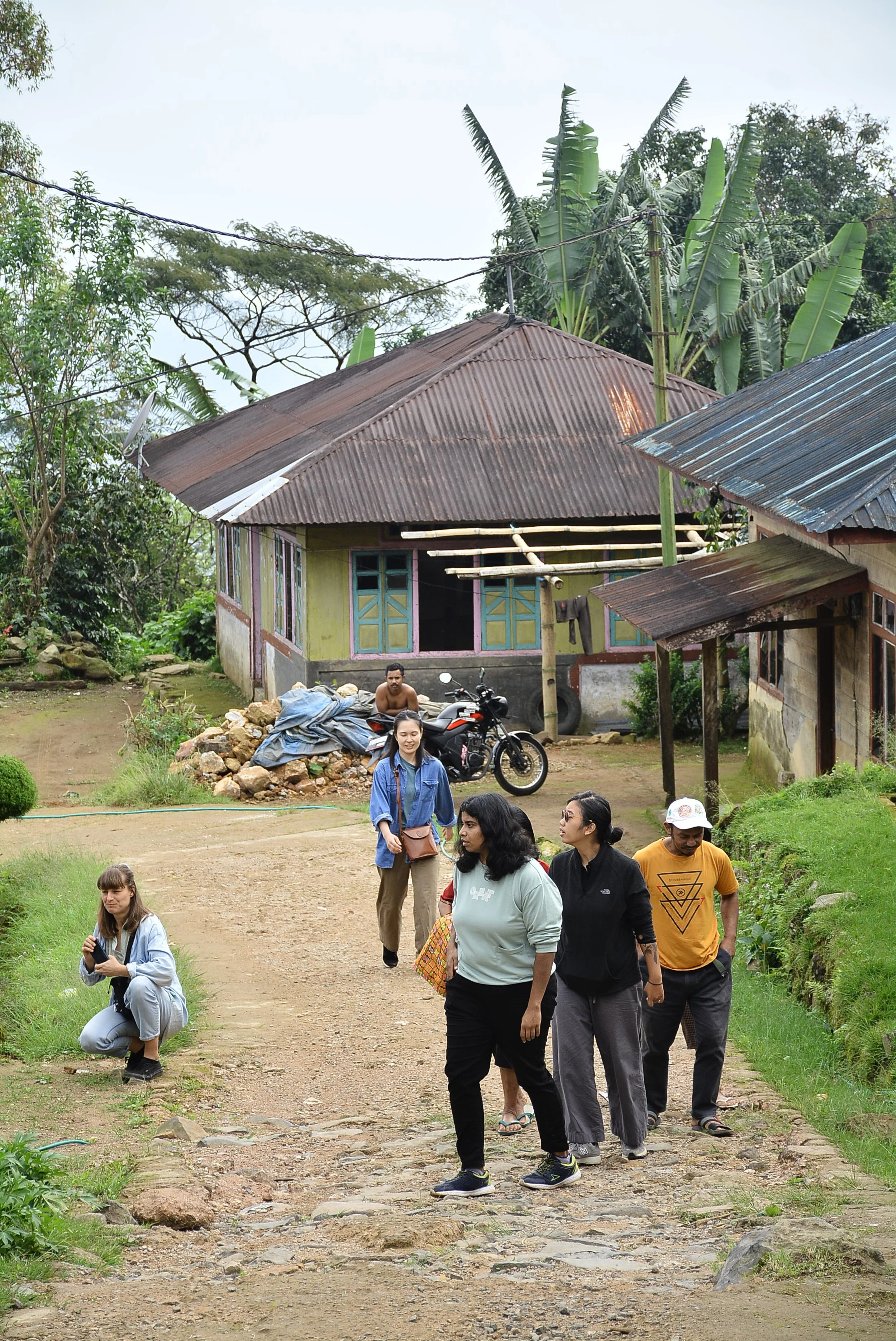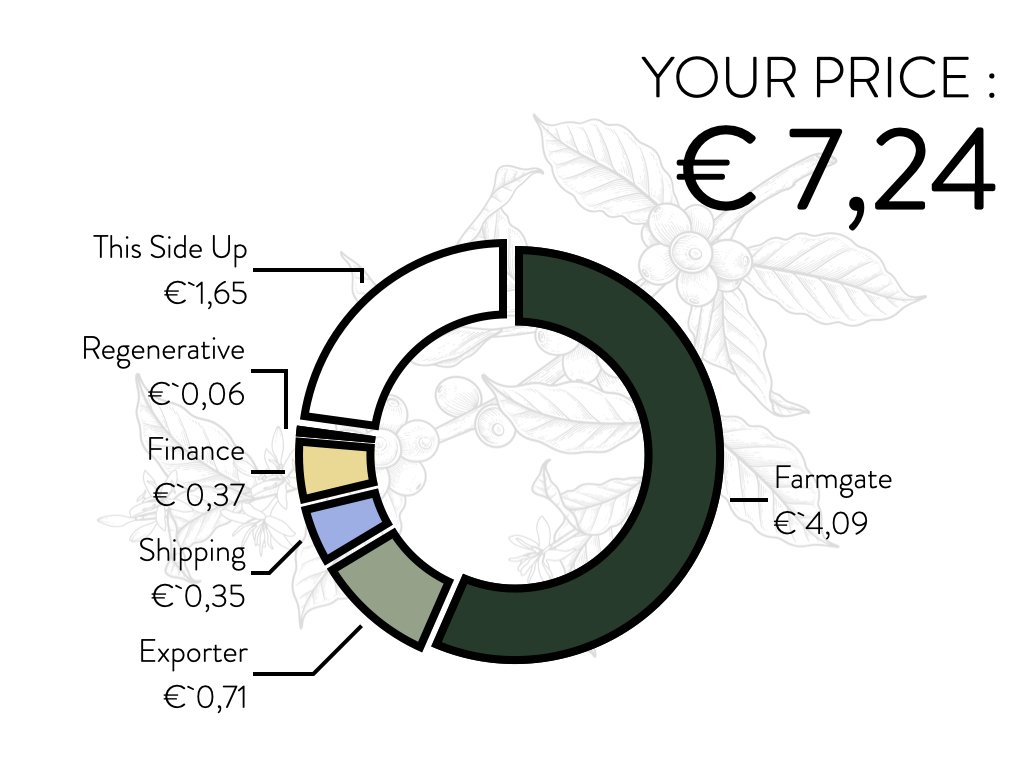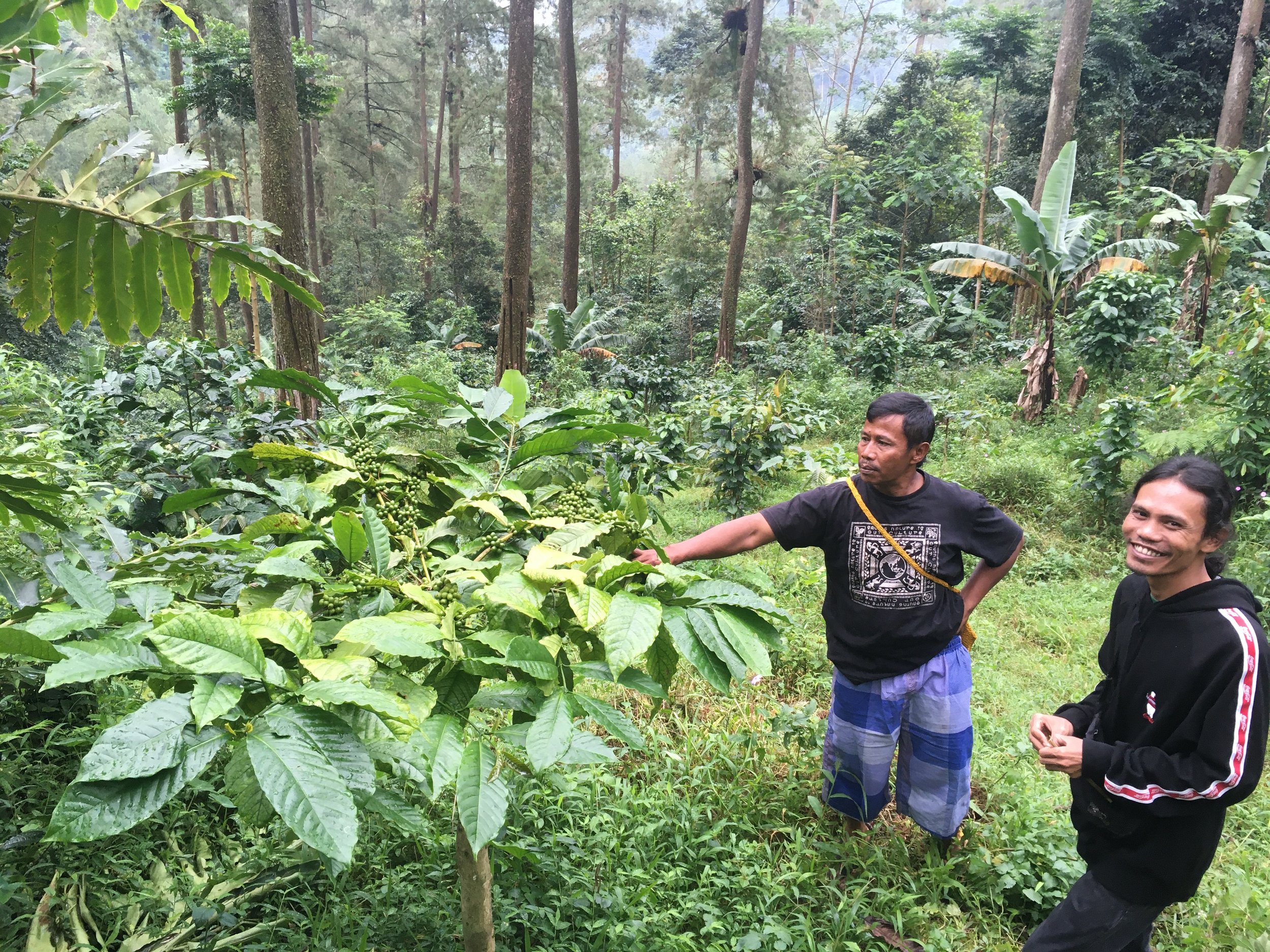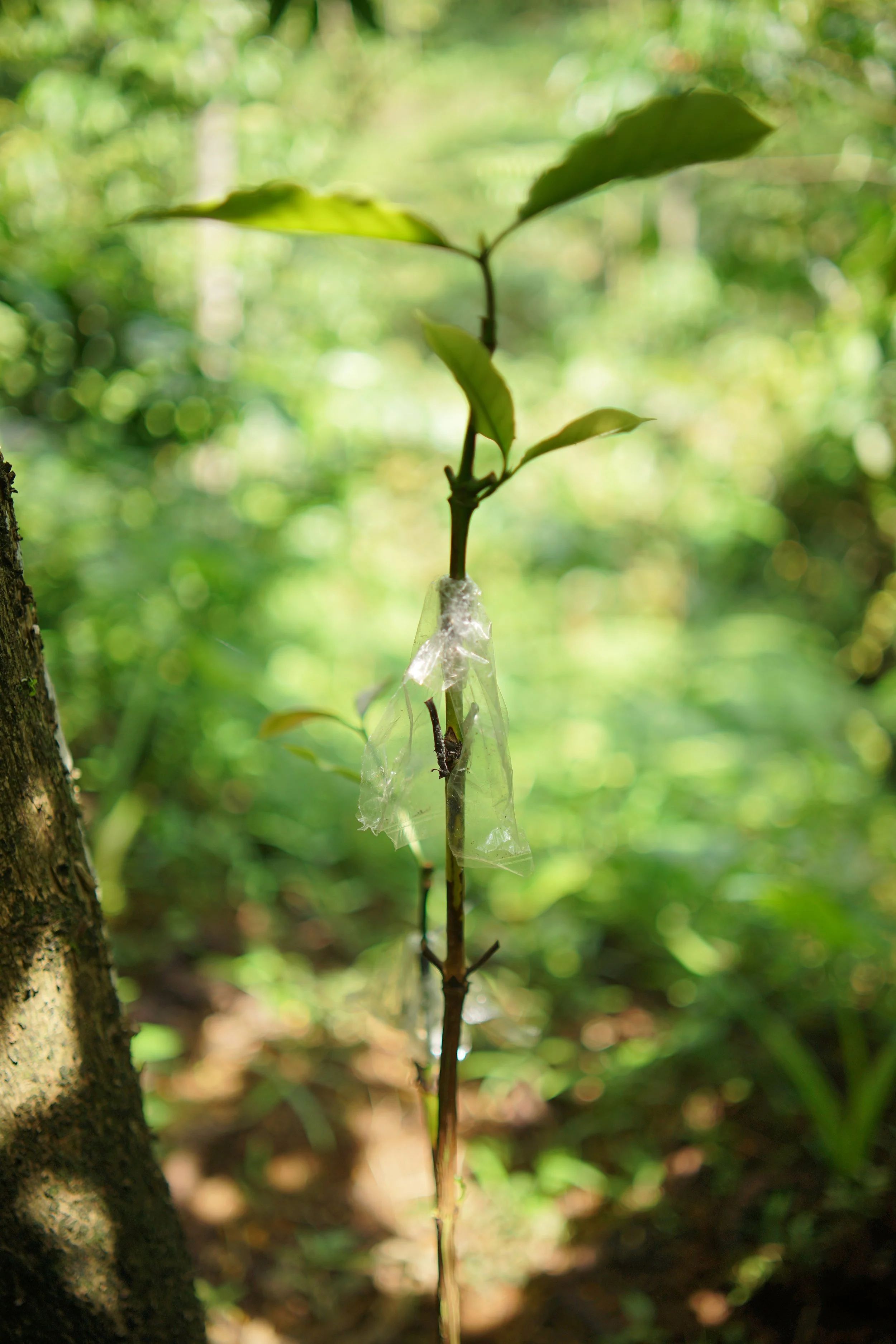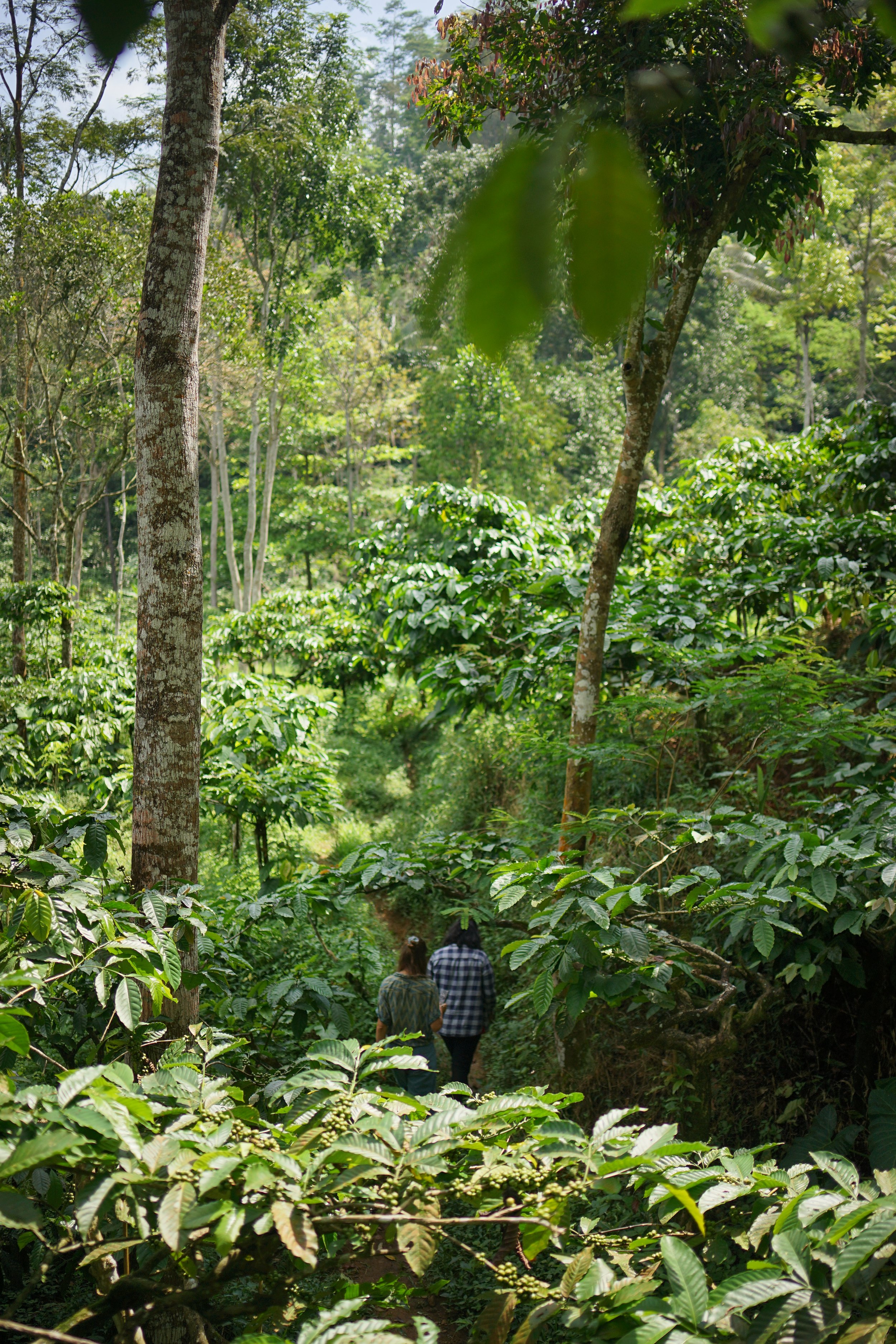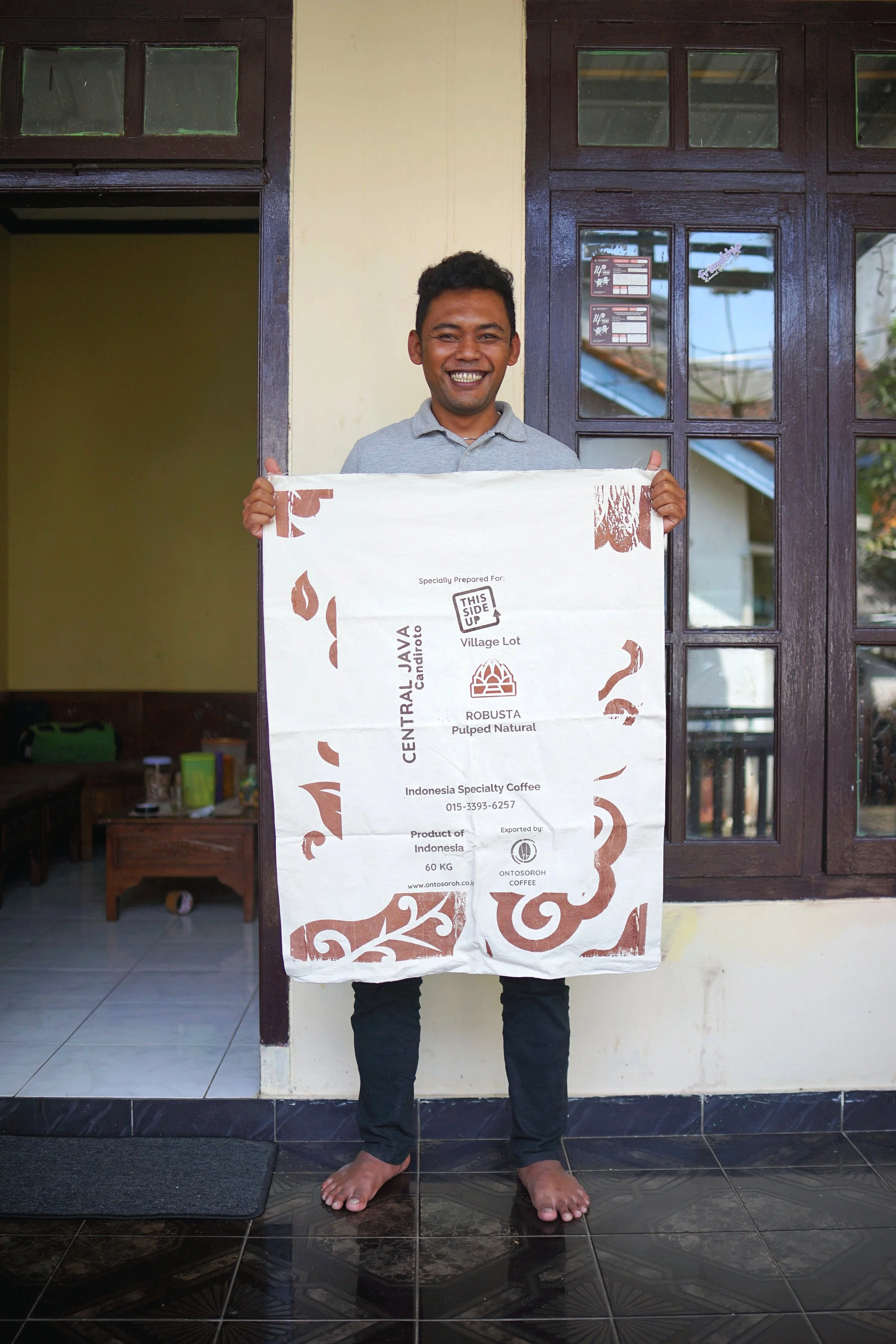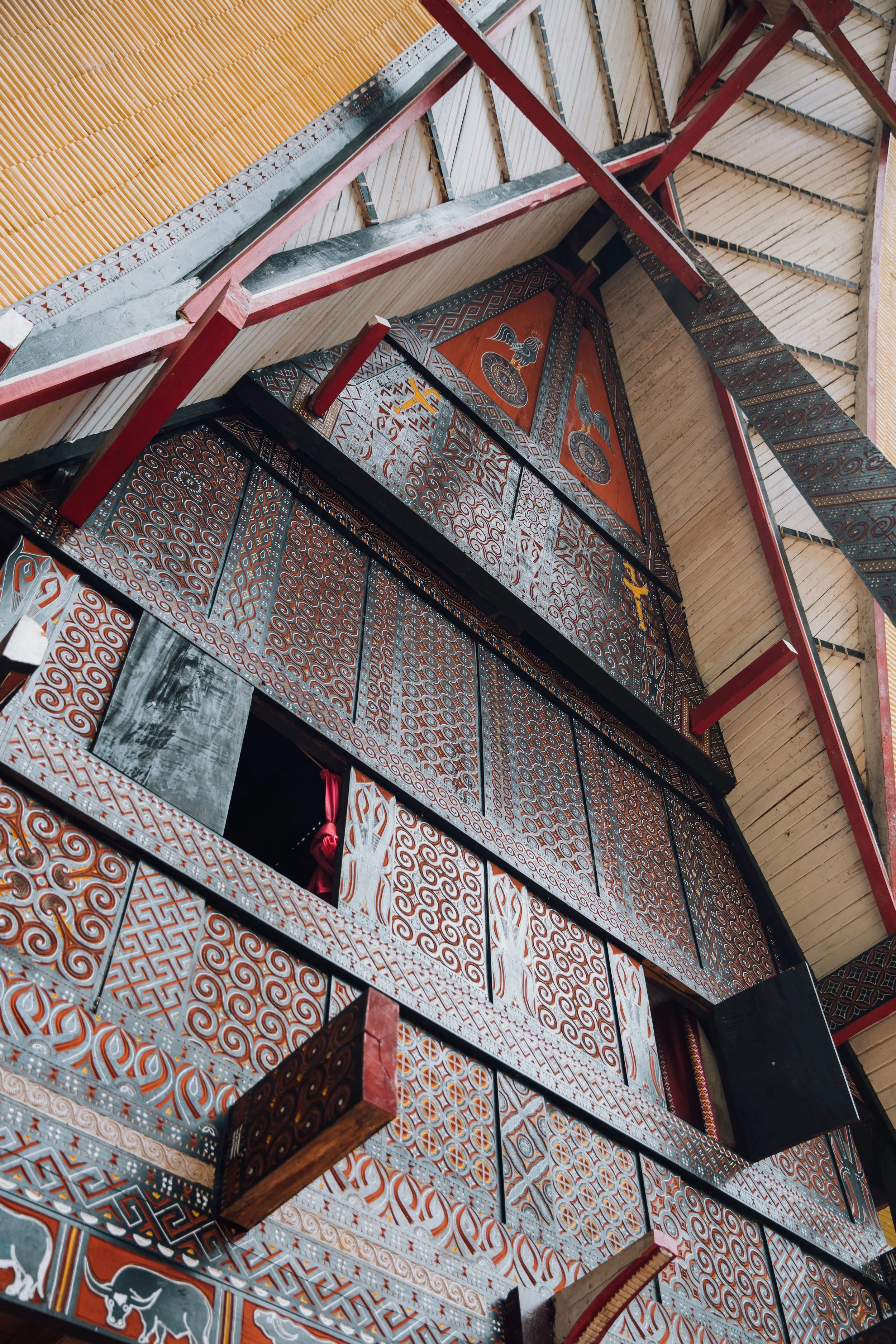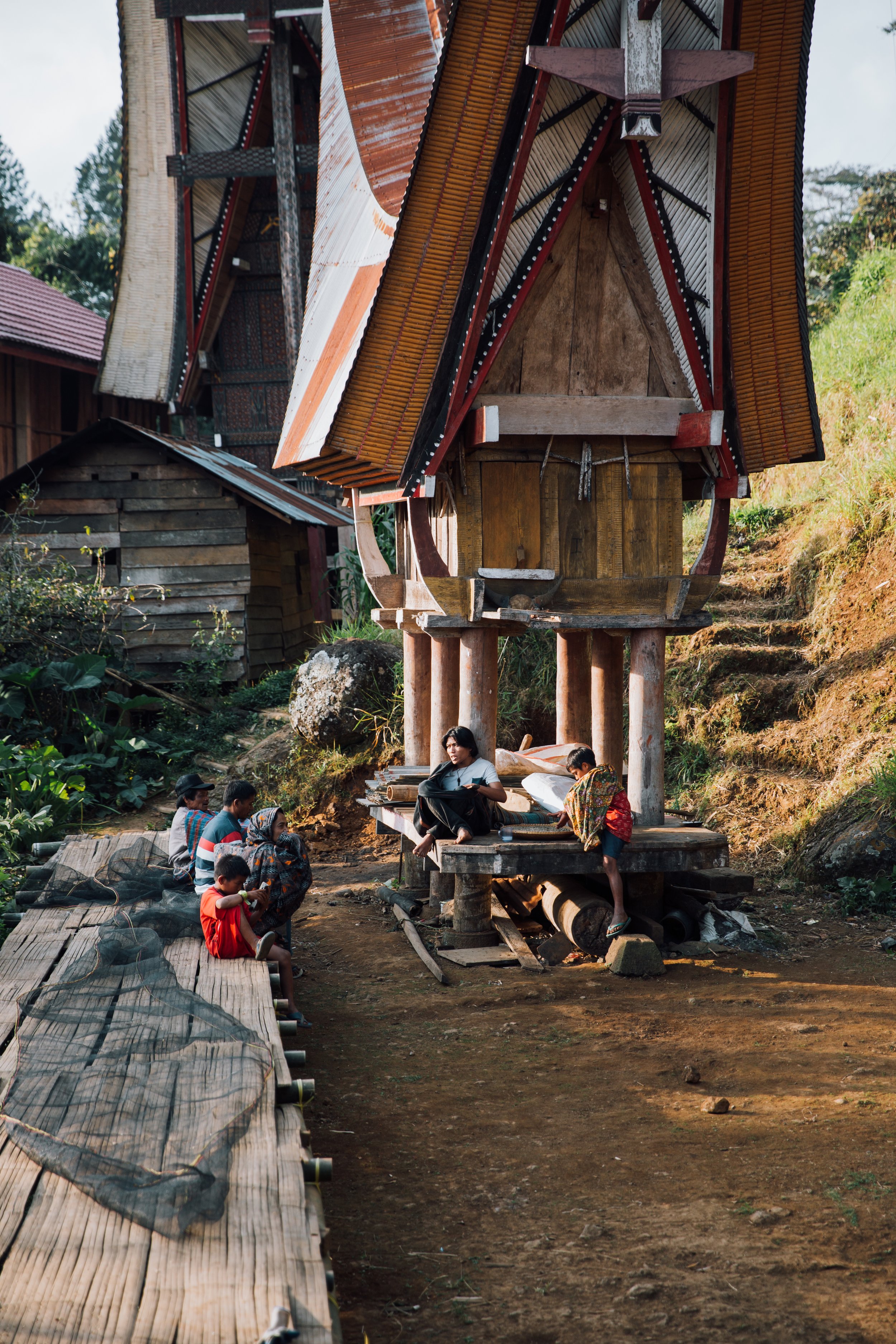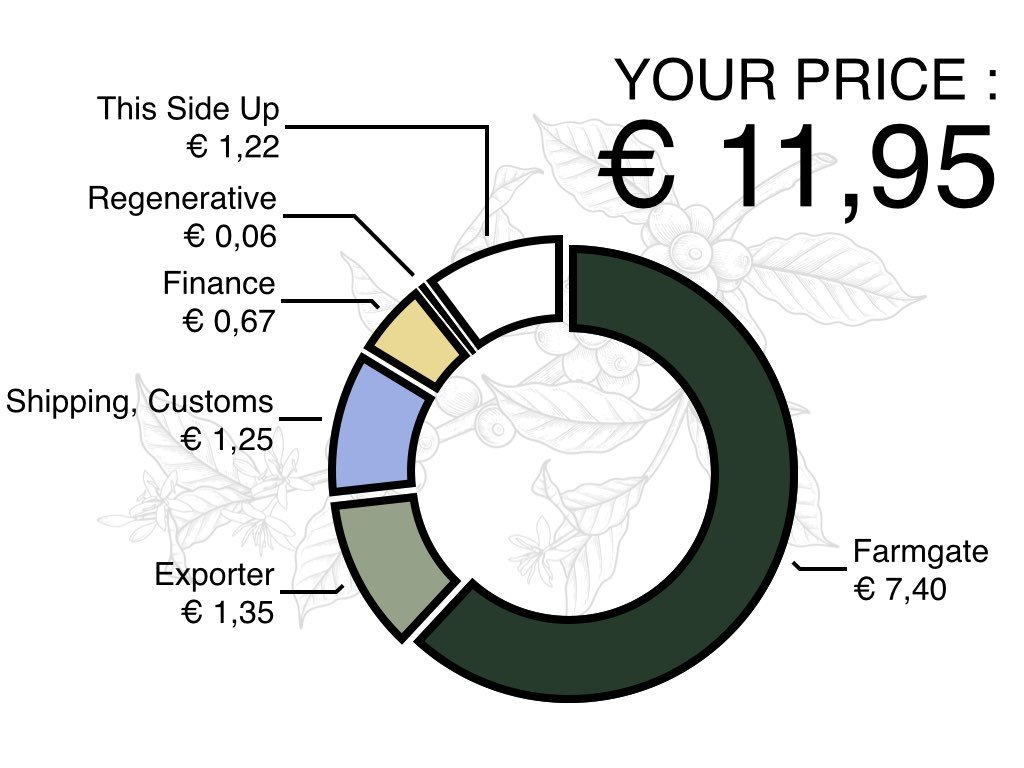adri’s dream
Studying abroad only made Adri think about his country more. When he witnessed how wine was such a representative product in France, where he studied marketing, he wondered how a product from Indonesia could become relevant to the world. Wine has represented France since the Middle Ages, if not before that, just as Indonesia represented coffee since it was a Dutch colony, but years of low prices and unfair trade practices have not done Indonesia’s coffee industry any justice. For him, bringing an Indonesian product to the world meant spreading the message that Indonesia has so much to offer.
For some years, however, he mostly worked in the corporate world in Jakarta, but corporate life wasn't for him. One day, when on vacation, he found himself on a coffee farm that sadly wasn't doing very well. "The product was great," says Adri, "but they didn't know how to sell it." Soon after, Adri decided to work with these farmers. For two years he managed his corporate job in Jakarta while working pro-bono for this group. He became their marketing supporter, aiding them in negotiating with potential buyers. When results started manifesting, the farmers asked Adri to join them for good and become their marketing partner. They offered him a commission and a better price. Adri said, "yes," and Ontosoroh was born.
When we met with Adri, it quickly became apparent that we represented each other's values. We both see ourselves as “means” to empower others; we aim for others to grow so that, at one point, we might not even be needed anymore. Ontosoroh is inspired by a character from an Indonesian novel whose mission is to do business professionally and ethically. Working with Adri since 2016, we know that he honours this character’s reputation!
These are the farmer groups, cooperatives and family enterprises
Ontosoroh brought together.
Onotosoroh started working with 1 organisations and 5 farmers. Today, it’s a consolidated company formed by 7 employees.
They work with around 10 organisations and 434 farmers from three different islands.
2024 partners
For 2024 we bought from all the partners except Buntu Ledo, Sapta Wening and Enrekang.
Ontosoroh is central to all our Indonesian value chains. They oversee the local transport from the islands to the international port of Surabaya and coordinate communication with all the farmers and coop staff directly.
TRACEABILITY
You can find all the signed contracts and shipping documents that we made with Argote since 2021 below (Google Drive).
KEY ACHIEVEMENTS
2016: our partnership is born. We create a cross-industry partnership to promote and upgrade specialty robusta from Flores.
2017: first pilot shipment from Ontosoroh to Europe.
2018: we jointly created semi-washed and fully washed drying experiments that gave more insights into how best to highlight Flores Robusta's unique flavour profile.
2019: with the help of Pak Dominggus, in the village of Buntu Ledo set up a cooperative structure in 2019 (Koperasi Buntu Ledo Sipporanu) with Ontosoroh and This Side Up as stable buying partners. Together, we created a step by step manual with checkboxes to improve quality during the harvest and post-harvest with positive results.
2020: we landed a tender to supply the Dutch Ministry of Infrastructure and increase our order from 160 to 600 bags. This major increase required a lot of extra training on the part of ASNIKOM to see to the required quality. As an added incentive, we decided to up the farmgate price to 4,14 USD/kg. labelled every single bag according to the farmer. The cupping scores greatly improve.
2021: retained the same amount of coffee bags and price as 2021 despite the pandemic. The Circular Fashion Project and the Regenerative Robusta Project is born.
2022: three new coffee groups join our portfolio: Java Candiroto, Java Sunda Tilu, and Gowa Malino.
2023: the productivity some of our partners suffered this year due to climate change brings new challenges and possibilities in our collaboration. Diversification, soil quality, and chemical-free processing have become increasingly relevant to our partners at origin.
2024: Adri came up with a project proposal we decided to support: the creation of weatherproof drying facilities in Flores. For this project, the budget is around Rp 77.217.000 (EUR 4815) for eight drying hut units.
Our QC’s Flavour impressions
This season Indonesian arabica is a pure caleidoscoop of flavours. Sindoro lots came as a very expressive and fruity, almost fermenty cups, very layered and complex. Sunda Tilu honey was my favourite, it is a very unique profile of floral tea with a tiny bit of spices - we can’t really recall anything like that in our 250+ coffee portfolio. Washed lot went a bit down this year due to a different mix of varieties. Coffee from Toroja despite some inconsistencies between cups, feels quite solid, if you are looking for sweet and balanced cup with notes of berries and milk chocolate-you found it.
Sunda Tilu coop lot - honey 2024
Roasting Advice
For Indonesian arabicas we found our way with two Ikawa profiles : Washed Asia and Natural. The Natural profile works pretty much always for honey, naturals and unique processes. It gives a great result to grasp the potential of such lots. Washed sometimes might give a more ‘developed’ cup, here feel free to adjust drop temperature on 1-2 degrees lower. For production roasts we can recommend you to stretch the end of your roast while keeping your gas a bit tamed, that helps with cup’s mouthfeel and balancing out the end profile.
Adri Yahdiyan
Our main coordinator in Indonesia is Adri Yahdiyan of Ontosoroh. He embodies This Side Up’s vision and ideals beautifully, exports to Europe and Japan, and is keen to set up new business relations.
Email: adri@ontosoroh.co.id
Phone: +62 857 4385 9181
Pokoh, Wedomartani, Ngemplak, Sleman Regency, Special Region of Yogyakarta 55584, Indonesia







